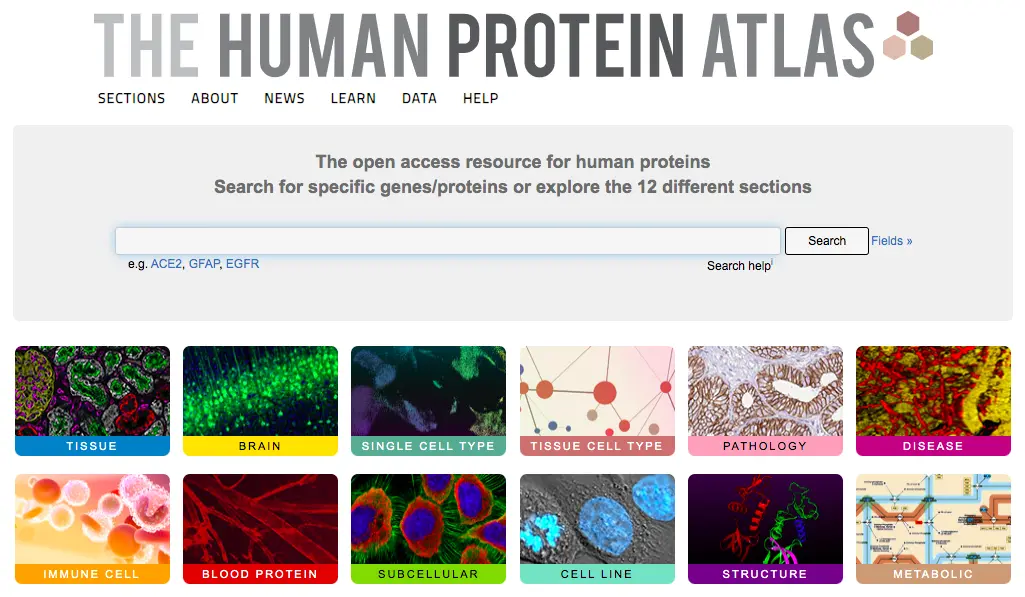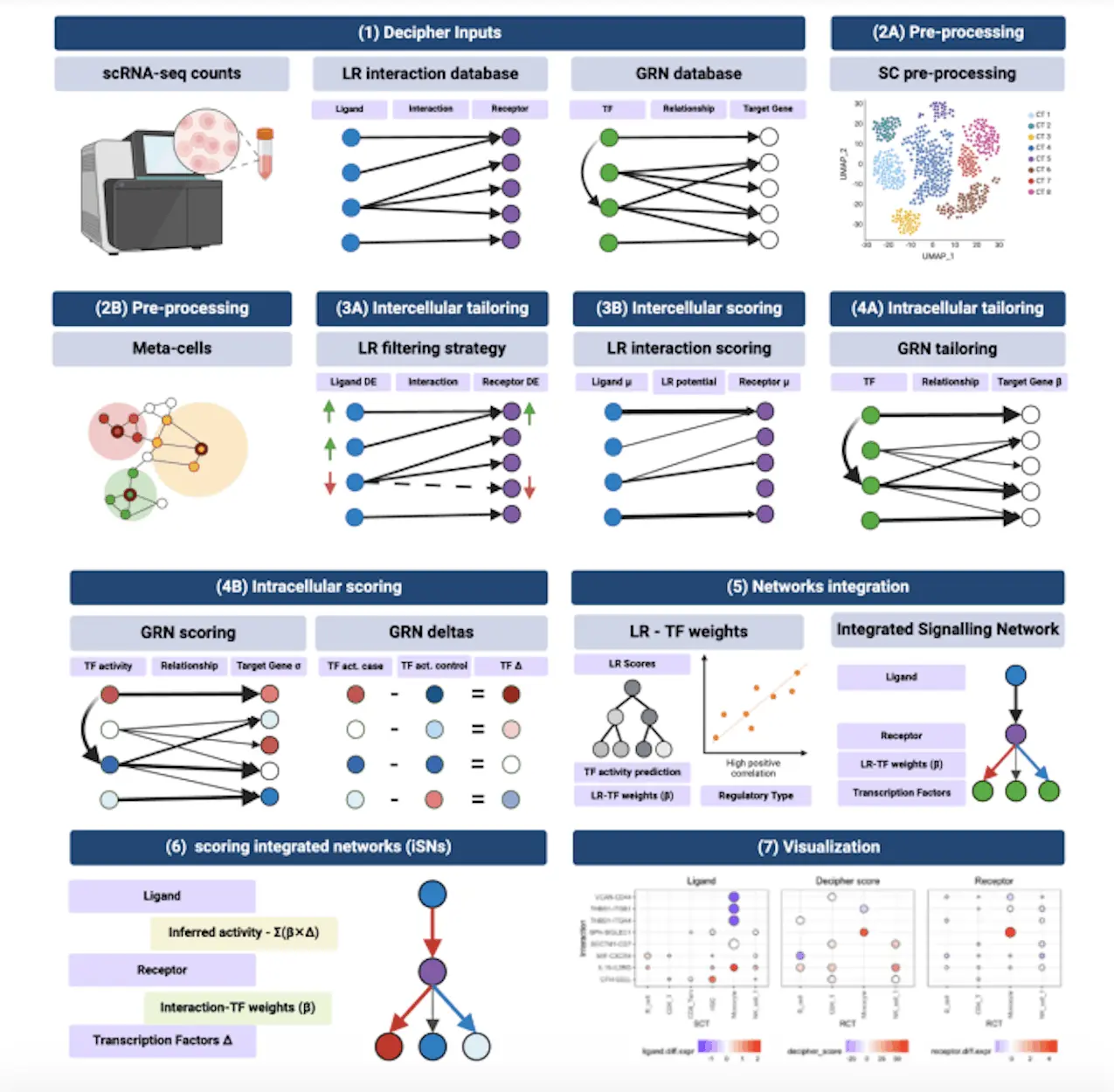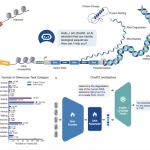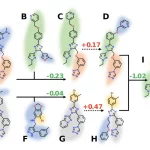The ability to predict cancer has advanced with the recent release of a new database that includes information on cancer proteins and was developed using artificial intelligence and machine learning techniques.
Professor Mathias Uhlén from the KTH Royal Institute of Technology revealed the launch of the Disease Blood Atlas, which offers a pioneering map displaying the unique protein signature found in blood samples of cancer patients. This resource is available to the public through open access at www.proteinatlas.org.
The Disease Blood Atlas illustrates the connection between 1,463 proteins and 12 different forms of cancer, showcasing proteins that can be utilized to distinguish specific cancer types through a small sample of blood.
The Human Protein Atlas consortium, headed by Uhlén and located at SciLifeLab, a joint research center involving KTH, Uppsala University, Karolinska Institutet, and Stockholm University, created this new database.
According to Uhlén, the Disease Blood Atlas was created using small amounts of blood plasma taken from 1,400 individuals with cancer at the time of their diagnosis and before receiving treatment. These samples were analyzed using both gene expression statistics and machine learning techniques to predict the disease. This is a new method for studying the protein patterns found in blood samples from cancer patients across different types of cancer.
The 22nd edition of the open-access Human Protein Atlas has been released, featuring 12 sections that provide comprehensive information on human proteins from various perspectives. This includes the newly added Disease Blood Atlas and Protein 3-D Structure sections. The release is accompanied by an update of 5 million pages in the databases of tissues and cell lines in the Human Protein Atlas.
The Protein 3-D Structure section displays the three-dimensional structures of all human proteins using an artificial intelligence-based prediction tool called AlfaFold. Furthermore, the Tissue Atlas section has undergone a significant update that includes extensive information on the proteins found in the human testis and kidney through multiplex spatial profiling. The section also provides additional information on the analysis of individual cells in different tissues and organs, as well as data from a comprehensive collection of human cell lines.
The researchers believe that the recent additions to the Human Protein Atlas, which include a significant amount of new data on all human proteins, offer valuable insights for those studying human biology and disease.
Conclusion
The new database is a significant achievement in the field of cancer research, as it maps out proteins that could potentially be used to predict cancer. This will not only help in the early detection of the disease but also in the development of personalized treatments. The ability to identify and target specific proteins in cancer cells will lead to more effective treatments and, ultimately, better outcomes for patients. The new Disease Blood Atlas database is a valuable resource for researchers, doctors, and scientists who are working to find new ways to fight cancer. With this information, the future of cancer treatment looks brighter than ever.
Article Source: Reference Article | The Human Protein Atlas
Learn More:
Top Bioinformatics Books ↗
Learn more to get deeper insights into the field of bioinformatics.
Top Free Online Bioinformatics Courses ↗
Freely available courses to learn each and every aspect of bioinformatics.
Latest Bioinformatics Breakthroughs ↗
Stay updated with the latest discoveries in the field of bioinformatics.
Dr. Tamanna Anwar is a Scientist and Co-founder of the Centre of Bioinformatics Research and Technology (CBIRT). She is a passionate bioinformatics scientist and a visionary entrepreneur. Dr. Tamanna has worked as a Young Scientist at Jawaharlal Nehru University, New Delhi. She has also worked as a Postdoctoral Fellow at the University of Saskatchewan, Canada. She has several scientific research publications in high-impact research journals. Her latest endeavor is the development of a platform that acts as a one-stop solution for all bioinformatics related information as well as developing a bioinformatics news portal to report cutting-edge bioinformatics breakthroughs.






